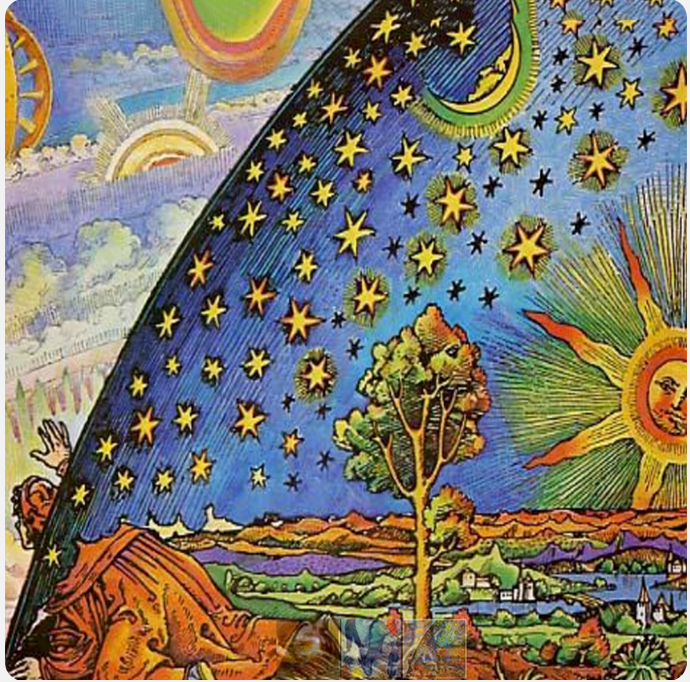One of C.G. Jung’s most extraordinary contributions to our culture is his description of the constructive and positive dimensions of the unconscious. Formerly dreams were seen as consisting of repressed material unacceptable to consciousness, and fantasies were seen as mere wish-fulfillment. In his pioneering work, Jung introduced a new viewpoint about the role of the products of the unconscious as offering vitality, direction, and meaning to our conscious lives.
In this course, we will explore special topics illustrating those positive dimensions of the unconscious. These will include:
The role of dreams in hastening the burning off of family karma, as well as personal karma.
How the archetypes of Success and Failure manifest from the unconscious in both the inner world and the outer world.
The positive meaning (if understood) of dreams that disturb consciousness, such as dreams of death and dying, nightmares, unwelcome encounters, and apparent threats and dangers.
How dreams and fantasies come with a “call to action” to expand the scope of our consciousness, including the increased capacity for enjoyment of life.
The role of the unconscious in creating life patterns, including patterns of relationship.
Readings will consist of weekly handouts of quotations from Jung’s Collected Works and the work of his pupil, Marie-Louise Von Franz.
Supplementary Reading:
Dreams: A Portal to the Source, Edward C. Whitmont
The Way of the Image, Yoram Kaufmann
The Way of the Dream, Marie-Louise Von Franz
5 consecutive Mondays, 7:00 – 8:30 pm | UTC-4, online only via Zoom.


